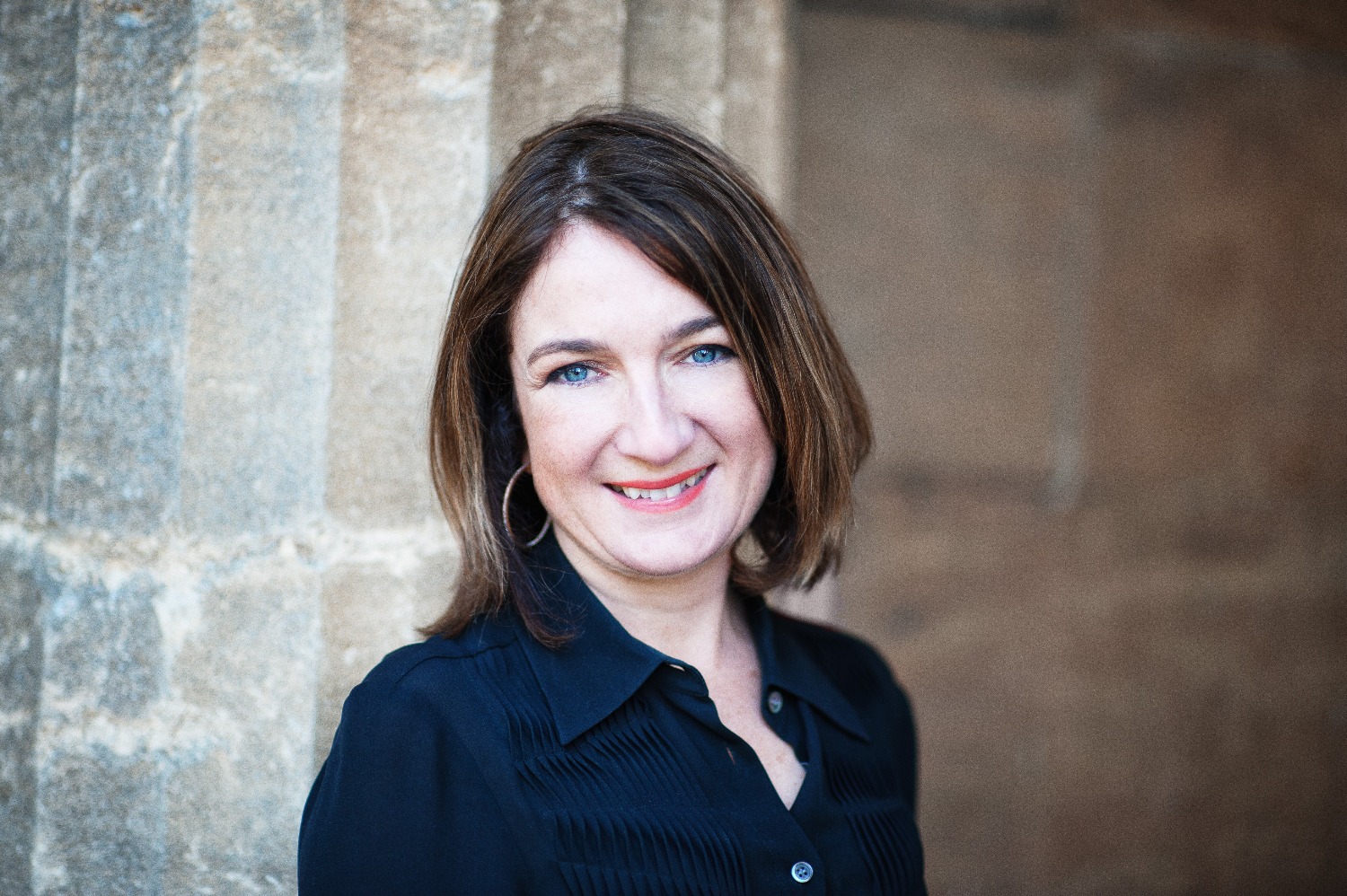Professor Abigail Williams hosts docuseries on BBC Radio 4: I Feel Therefore I Am
Monday 13th Feb 2023, 12.29pm

Where once facts, evidence and rationality were the path to knowledge, now the logic of feeling, of ‘my truth’ and ‘lived experience’ offers an alternative. Do we know our world through objective facts, or through subjective feelings?
Abigail Williams, Professor of Eighteenth-Century Studies and Associate Head of Research and Innovation for the Humanities Division said:
‘It feels very 2020’s to talk about ‘my truth’ or ‘lived experience’. But where do these ideas come from? A new emphasis on subjective truth, on the questioning of empirical facts is at the heart of some of the knottiest problems of our time.’
‘What I wanted to do in this series was to dig into the historical roots of these ideas, starting from my own research in the literature of feelings in the eighteenth century. It’s a journey that’s taken me from John Bunyan and his pilgrims to the French Revolution to Tik Tok and the digital multiverse – and along the way, I’ve started to see how we got to where we are now.’
Programme 1. From Facts to Feelings.
It’s become easy to explain this fault line as something peculiarly modern, a cocktail of culture wars and social media frenzy. But is this right? Could there not be a longer, deeper, and more complicated story? The history of the rational Enlightenment is familiar, but we don’t talk so much about how and why we might have come to privilege personal feelings and experiences.
Professor Williams begins with the cultural notion that personal feelings matter, and that individual experience might in some ways be the ultimate truth. From the cult of sensibility to the birth of Romanticism, Freud’s couch to Oprah Winfrey’s celebrity interviews, how does feeling offer a different way of seeing the world?
Programme 2. Who Owns the Truth?
In the second programme in the series, Professor Williams explores how subjective experience and individual feeling has offered a profound challenge to institutional authority, from John Bunyan’s Pilgrims to the French Revolution and beyond.
Abigail looks back at Michael Gove’s claim that people ‘have had enough of experts’ and explores how a new focus on lived experience is reshaping our institutions, from the patients invited onto NHS Lived Experience Panels to Victim Impact statements in courtrooms. Who knows more about crime, illness or poverty, someone who has experienced it or someone who has studied it?
But it’s hard to value both ‘my truth’ and ‘your truth’ without descending into identity politics, outrage and intolerance. And what happens to our institutions when we no longer agree on who knows best: the person with expertise or the person with first-hand experience?
Programme 3. The Multiverse of Truth.
In the final programme in the series, Professor Williams tackles the idea that a single objective truth is now being replaced by the idea of multiple truths. This investigation into the “multiverse” of truth takes us on a journey from Descartes to Derrida via the parallel worlds of science-fiction and the online multiverse.
How do we know things, how do we value both ‘my truth’ and ‘your truth’ and is the new focus on personal feeling and subjective truths something to celebrate or fear?
Listen in on the BBC website and BBC iPlayer:
https://www.bbc.co.uk/programmes/m001j43d

